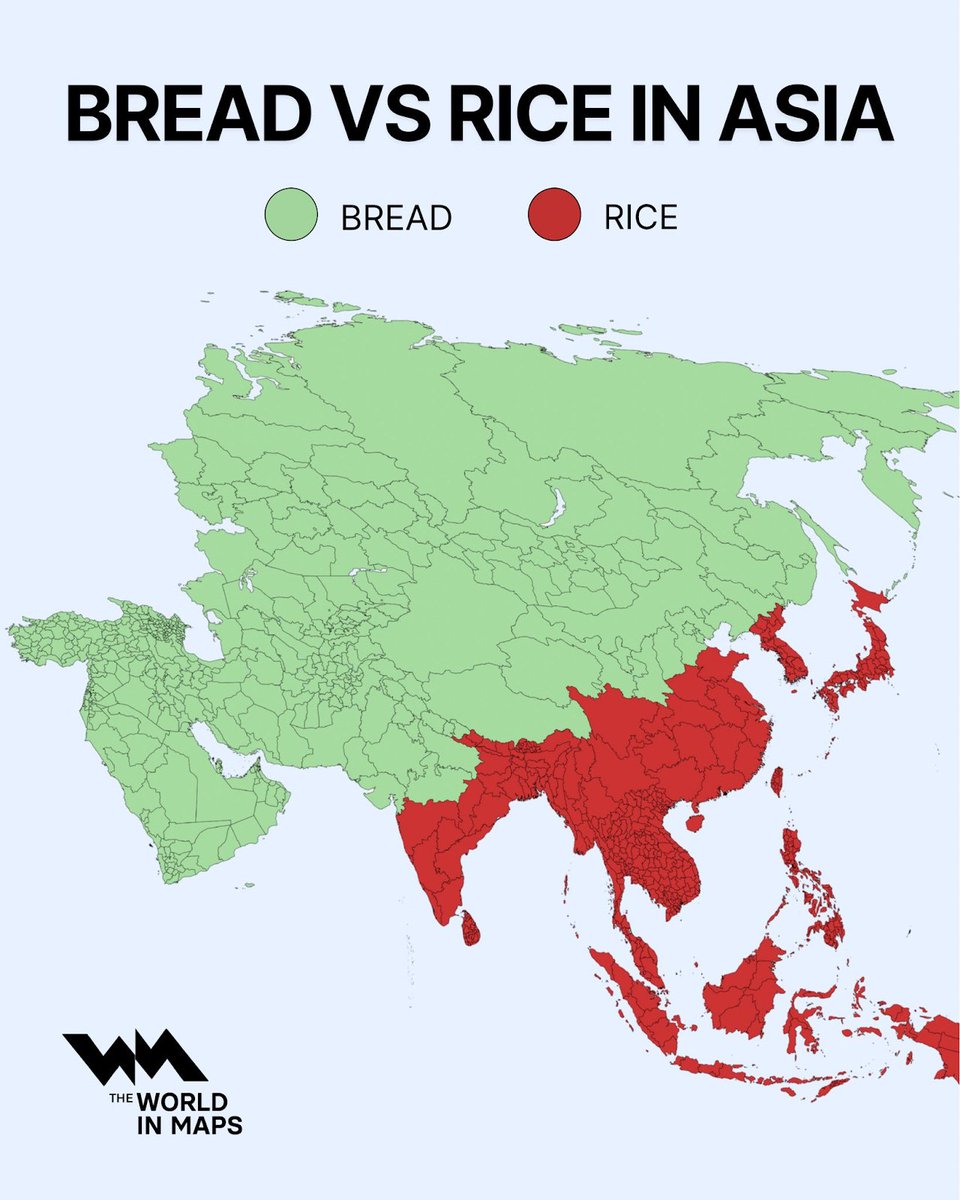Starlink, the satellite constellation from @elonmusk ‘s @SpaceX, will change the world.
It will attack mobile telecom monopolies around the world and they won’t be able to compete.
Summary thread of the article below [1/]
caseyhandmer.wordpress.com/2019/11/02/sta…
It will attack mobile telecom monopolies around the world and they won’t be able to compete.
Summary thread of the article below [1/]
caseyhandmer.wordpress.com/2019/11/02/sta…
SpaceX has an developed an unfair advantage: by dramatically reducing the cost of space launches, they can afford to send satellites to space at a price nobody can compete with.
It’s so low that few other companies can replicate it easily, soon
[2/
It’s so low that few other companies can replicate it easily, soon
[2/
So SpaceX will send hundreds of thousands of satellites to orbit, covering all earth with enough bandwidth and at a low enough cost that it will be much much cheaper than cable for billions of people, starting with rural and suburban areas.
[3/]
[3/]
So they might have billions of customers in telecoms, one of the most lucrative industries in the world.
The more customers, the more money, the more satellites, the more launches, the cheaper the launching, the cheaper satel cost, the lower the price, the more customers...
[4/
The more customers, the more money, the more satellites, the more launches, the cheaper the launching, the cheaper satel cost, the lower the price, the more customers...
[4/
All of that will in turn make SpaceX an even stronger company, and might finance the colonization of Mars.
@elonmusk wants 1M ppl in Mars. If they cost $100k each, that’s $100B.
If Starlink has 1B customers paying $5/month, it pays for Mars w/ a few years of profits
[5/5]
@elonmusk wants 1M ppl in Mars. If they cost $100k each, that’s $100B.
If Starlink has 1B customers paying $5/month, it pays for Mars w/ a few years of profits
[5/5]
• • •
Missing some Tweet in this thread? You can try to
force a refresh













